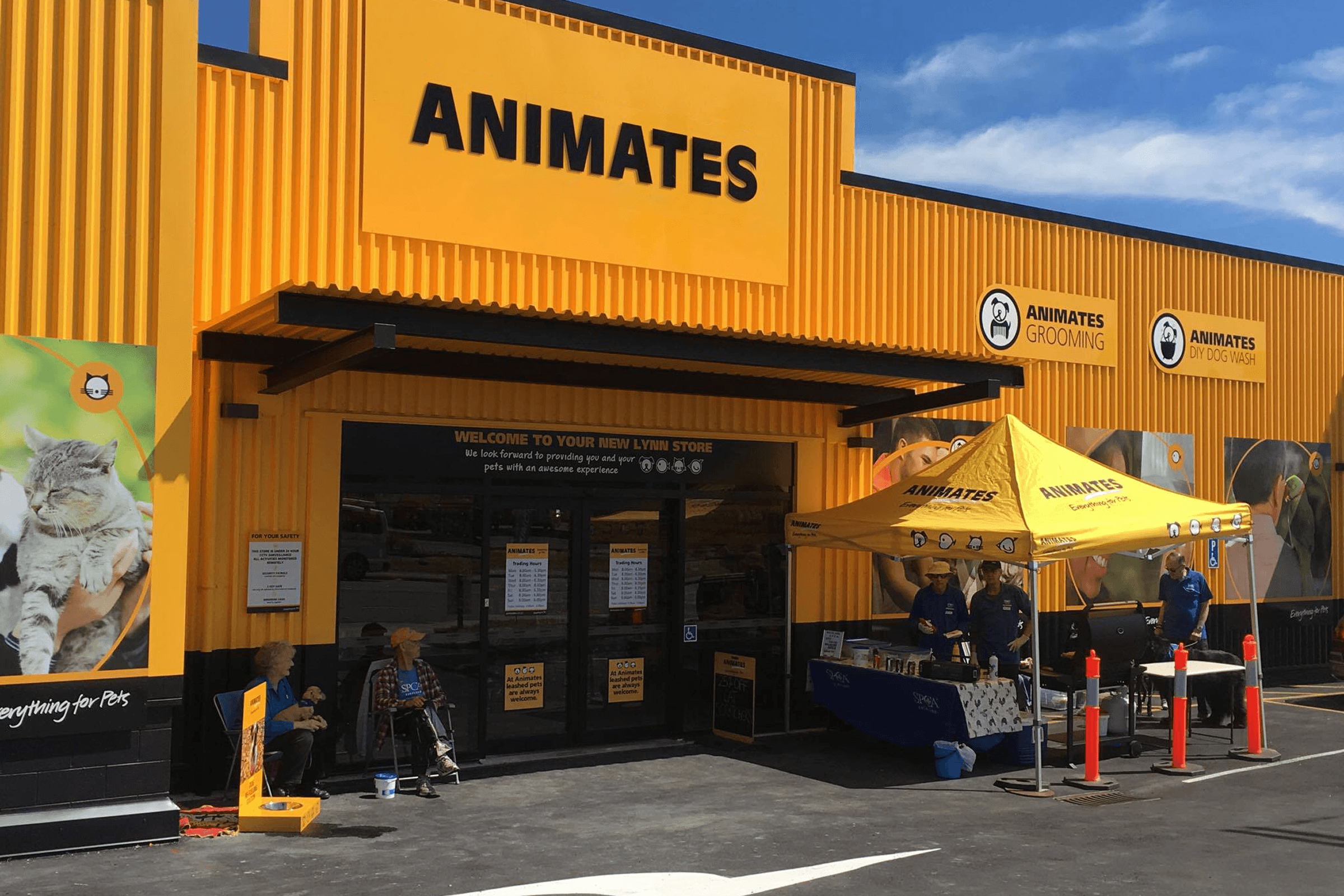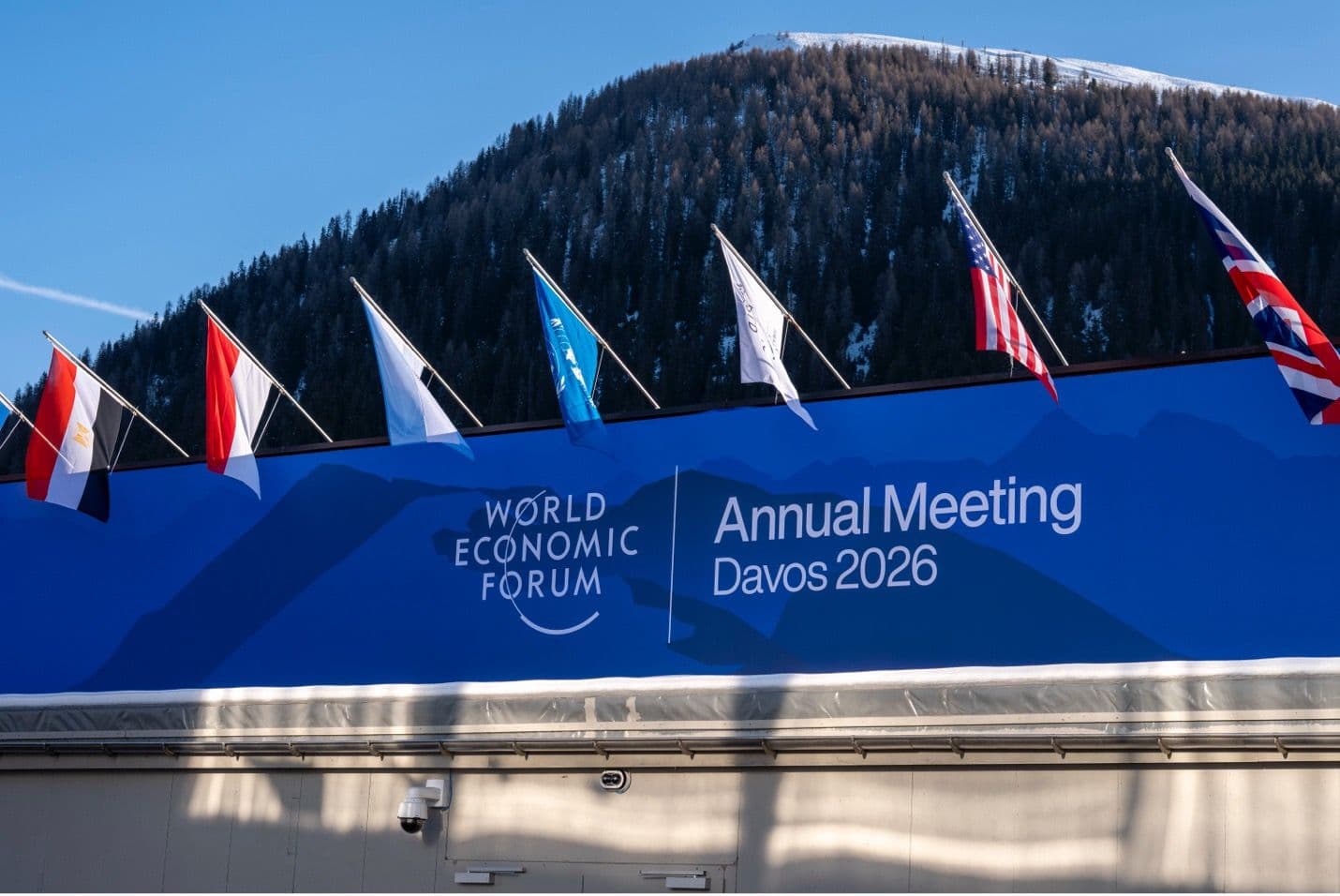Editor’s Note: In our four-part series, Breaking Down Blockchain, ReWork explains the potential of this promising new technology in the world of HR. Check out our previous piece, on how blockchain is transforming resumes, here.
HR executives know this well: the challenge of recruiting is a delicate balance of moving quickly, but vetting thoroughly. First, hiring managers must find a selection of highly-qualified candidates and schedule interviews for them with key decision-makers. Then, HR teams must also verify candidates’ accomplishments and accolades. This step is crucial since resumes can be ripe with falsities, but it has to happen efficiently to avoid hiring delays and risk losing the candidate. Meanwhile, even the most accurate resume may not fully represent an applicant’s skill set and experience. Sifting through the noise to find the truth—and to accurately determine an applicant’s unique assets—can feel nearly impossible.
Cue blockchain. Blockchain, a digital ledger system composed of "blocks" of data arranged in an unchangeable sequence, has found its way into the talent acquisition space. Earlier this year, Cornerstone joined the Velocity Network, a nonprofit organization committed to supporting research and development of applications for transformational blockchain technology and promoting global adoption of a network for verified career credentials.
How exactly does blockchain make recruiting and other key HR functions simpler across the board?
For one, it provides a possible solution to the resume conundrum by offering a verified collection of facts available on a network. But there’s additional potential, too: From speeding up credential verification for employers, to taking the stress out of proving qualifications for employees, blockchain promises to make recruiting and onboarding more secure and thorough for employers, and provide a more consistent credentialing process for employees.
With Blockchain, Verifications Come First, Not Last
Blockchain use cases in recruitment involve the verification of various claims. This can range from diploma verification, to confirmation of past employment and other elements included on a resume. For example, in the hiring process, a background check usually happens as the last phase, sometimes even after an offer is extended to a candidate. These checks can be costly and time consuming, delaying and raising the cost of an already expensive and potentially lengthy hiring process.
But with blockchain, an applicant’s entire academic and employment record is already stored on the blockchain network. That means recruiters can simply access employees’ records with their permission early on in the application phase, and weed out any candidates that don’t meet a company’s requirements or needs.
"There’s complete trust at the very start of the process," explains Elina Cadouri, a California-based COO and co-founder of the data network company Dock, which provides a range of blockchain tools that enable businesses and developers to create and verify credentials.
Because blockchain is an unchangeable data chain, employees’ records are verified and standardized—a fact that even makes internal hiring and mobility simpler, says Cornerstone Director of Product Marketing, Innovation and Strategy Ike Bennion. "Now I can hire with more certainty, quicker, which is that Holy Grail in a very fragmented market that everyone is trying to take advantage of," Bennion says.
Bennion describes an individual’s blockchain data as a digital passport that employees can carry from one place of employment to the next. And so, employers can look at these passports to compare candidates on a level playing field: the data is verified before a company consumes it.
Additionally, blockchain allows for verification of work on projects or the development of specific skills. An employer can give workers stamps for certain achievements and efforts. That way, companies can see exactly what the candidate has done in past positions—and they don’t just have to take their word for it.
Blockchain Keeps Credentialing Accurate During Onboarding—and Beyond
Once the hiring process is complete, there is opportunity to use blockchain in other ways as well. For example, a company can honor blockchain credentials to ensure that past learning experiences are carried over into new roles so that development can continue.
"[Having] these records [enables workers to] continue to show value and continue to be used throughout someone’s career, and maintain that value," Cadouri says. As employees work to grow their skills at a company, blockchain credentials and microcredentials become significant incentives. Courses taken through a learning management system (LMS) are no longer just valid at their current organization—they instead become verifiable achievements that workers can take with them throughout their careers.
"It’s a way to present or to give employees some sort of reward for learning on the job, and to continue to support their growth while they’re at the company," Cadouri says. "It’s something tangible. It’s not just a pat on the back."
This can change the way individuals treat their own learning and development as a company employee, Bennion says. Having a digital "diploma" to bring from place to place creates incentive in and of itself to develop. Employees no longer have to "reset" with each new job, he explains.
Onboarding Blockchain Itself
Implementing blockchain can seem a daunting task, especially for HR departments with longstanding traditions of set-in-stone hiring practices. "A lot of people get stuck on the tech and they’ve heard of bitcoin and crypto and these concepts feel very kind of futuristic." But the blockchain industry is focused on adoption right now, Cadouri says, and this means an emphasis on user experience.
Organizations looking to integrate blockchain into their existing hiring practices might look for partnerships with companies developing this technology, including the organizations in the Velocity Network. An emphasis on partnerships means that companies adopting blockchain do not necessarily need internal developers who work with blockchain directly. Adoption becomes much more realistic in this way, Cadouri says. But choosing a partnership and getting started come with details specific to each company.
"It’s tricky because each department’s going to have different needs that blockchain could address," Cadouri says. "I’d say it’s similar to probably sourcing any vendor." Cadouri likens adoption of blockchain technology to the transition from paper to online hiring documents and communication.
"At a certain point, every HR department had to adopt online tools," she says. "As far as technology adoption goes, blockchain is next."
Did you know that Cornerstone joined the Velocity Network to help accelerate the development of a universal blockchain-powered network for HR? Learn more here and follow this series for everything you need to know about blockchain.


